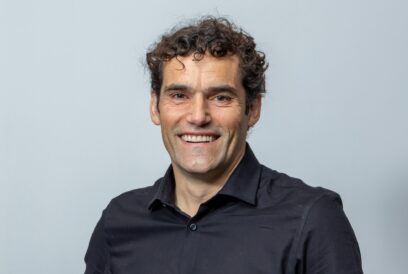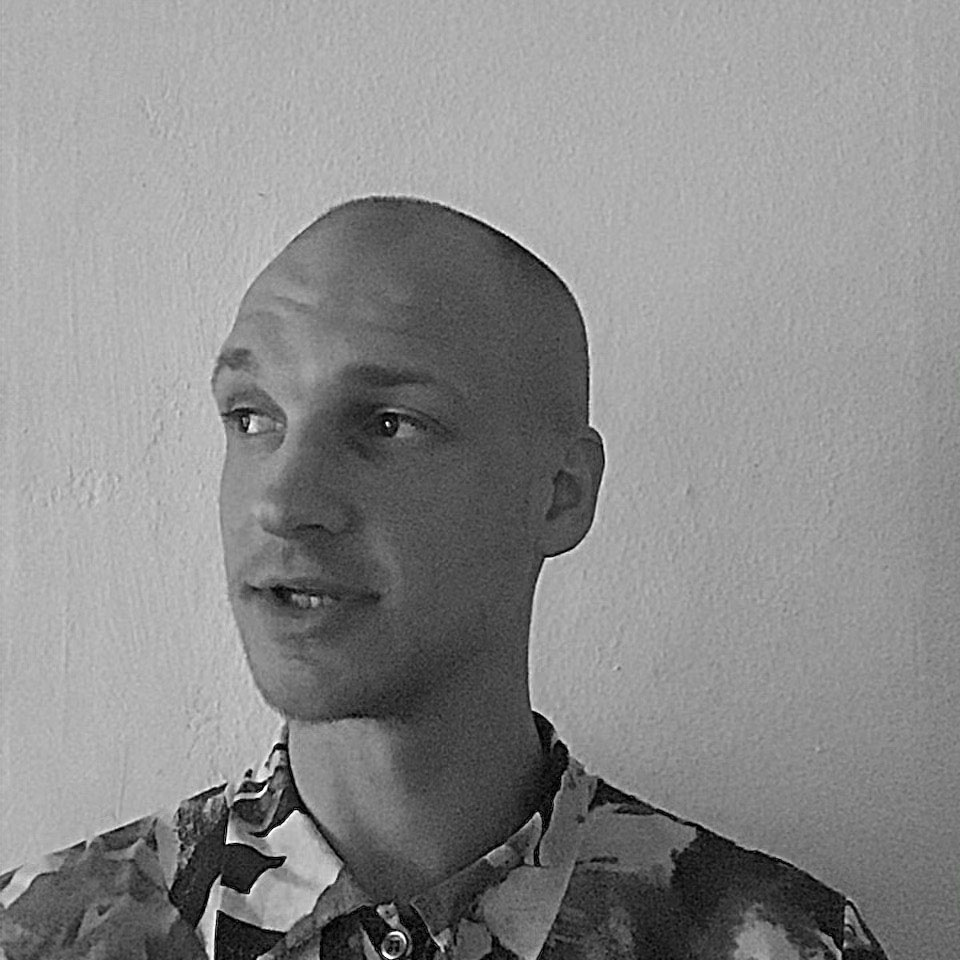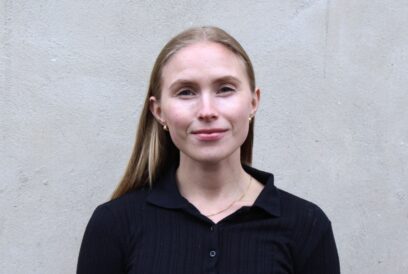

Discourse around opportunity and access often overshadows the realities of educational policies and structures in Europe, David Kazamias writes in his column.
We can measure access and opportunity in adult education if we take the most marginalised person in a given society and get them through the doors of further/higher education. Can we equip them with a Bachelors or a technical equivalent?
Apply this experiment to a number of EU countries and it is clear that policies vary greatly. There is a big gap between the idealised situation and national realities.
It bears an uncanny resemblance to Kafka’s parable Before the Law: a man who is trying to gain entry to the court is told by a doorkeeper that “it is possible, just not now”.
IN THE EU, OPPORTUNITY is the starting-gate equality built into compulsory education. Yet many countries still have school structures that tend to undermine this starting-gate equality.
This may come in the form of early stratification (GER), covert admission policies based on academic criteria (FRA) or private schools working against the interest of state schools (NL, BE). Opportunity is built into our school systems just as ascriptive inequalities are built into our societies. The former rarely cancels out the latter.
Access, on the other hand, suggests a continuous open door.
Access, on the other hand, suggests a continuous open door. It is the broad structure of entry that compensates for the single-shot structures. This is what makes lifelong learning a prescient field: it has the ability to remedy previous issues in compulsory education.
To ensure access, we must address the gatekeepers and doors that an individual may face. The main concerns of adult learners are finance, accreditation and time. These were built into the Lisbon strategy, which stated that lifelong learning initiatives should be focusing on 1) flexibility in learning 2) taking a broader approach to accreditation and 3) offering alternative routes. The renewed strategy, Education 2030, highlights these still as the most pertinent issues, but includes guidance and support as its new focus. This gets to the heart of the issue.
The realities in EU countries often look very different. A 2017 publication by Eurydice states that 1 in 4 adults in Europe have not completed any formal education beyond secondary school and that a large majority of mature students in higher and further education are currently funding themselves. The 2014 Bologna report indicates that only 1 in 10 mature students entered higher education through an alternative pathway.
THE TRANSLATION OF EU lifelong learning policy into national settings varies deeply. In certain cases, without financial support and without alternative routes the chances of re- and upskilling are low.
But even in the countries where nationally established procedures are in place, red tape and gatekeeping still result in the exclusion of certain groups. This can be as subtle as institutions having a preference for traditional modes of learning over blended, which comes at the greater exclusion of those with families (and often women).
Policies are in place to broaden access, yet the support is often missing.
Additionally, many countries still demand certain prerequisites, which has large implications for groups from a lower socio-economic background, especially groups with migration backgrounds.
There are a handful of countries which are further ahead on these issues: not just open doors but also guidance and support. Yet there are also many states who are failing this experiment because the doors are simply not there. But perhaps the trickiest for policy-makers are the countries with the correct structures in place who are failing because the way to that door is in itself too convoluted.
The man in Kafka’s parable has waited at the gatekeeper’s feet for a lifetime. Before he dies, he asks why no-one else has tried to gain access. The gatekeeper responds: “here no one else can gain entry, since this entrance was assigned only to you. I’m going to now close it”.
Policies are in place to broaden access, yet the support is often missing. Good access is flexible and broad. Good support means finance and information. Failure to provide support restricts access and opportunity.
It cannot be put more simply: those adults who need education most participate the least.
Author







